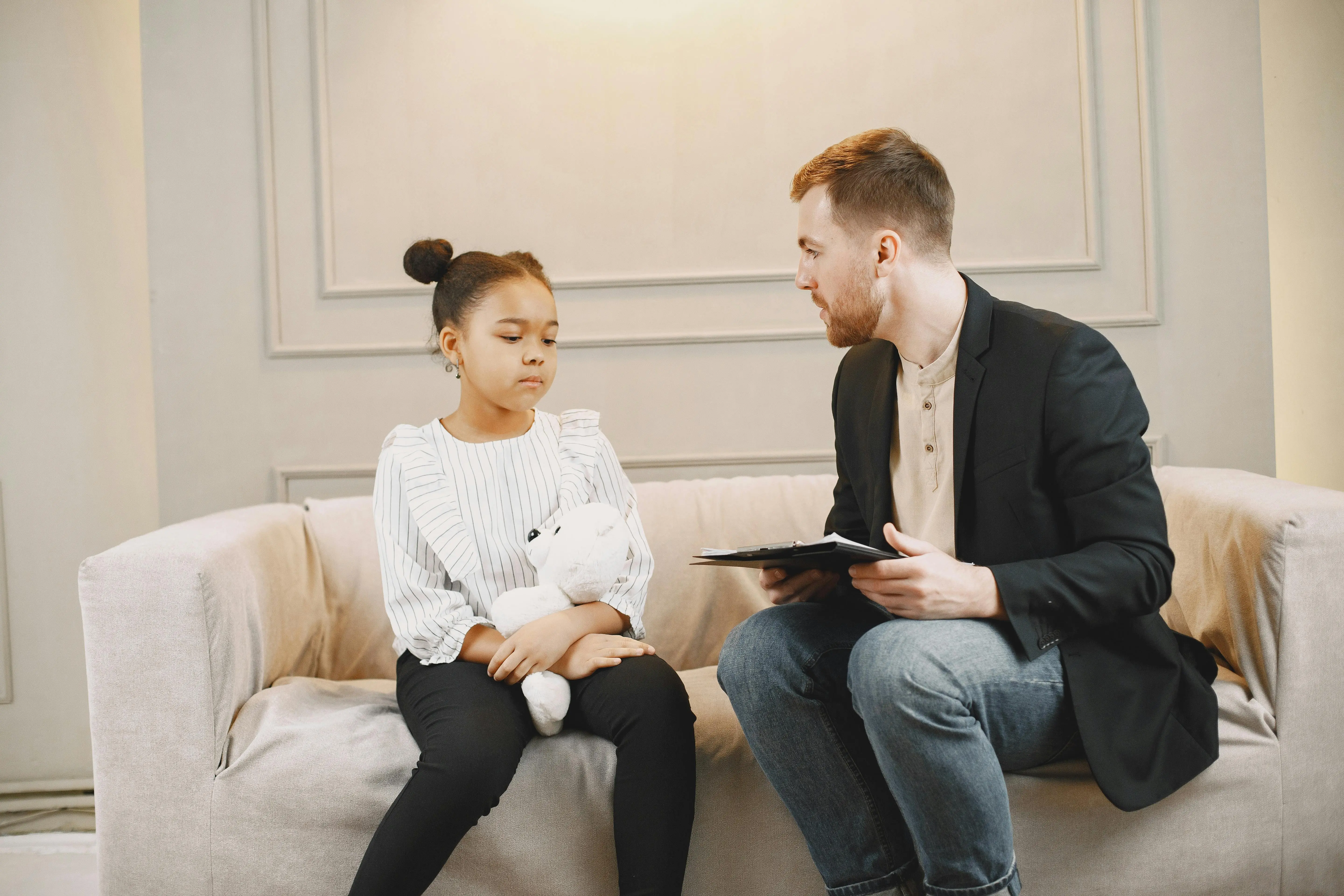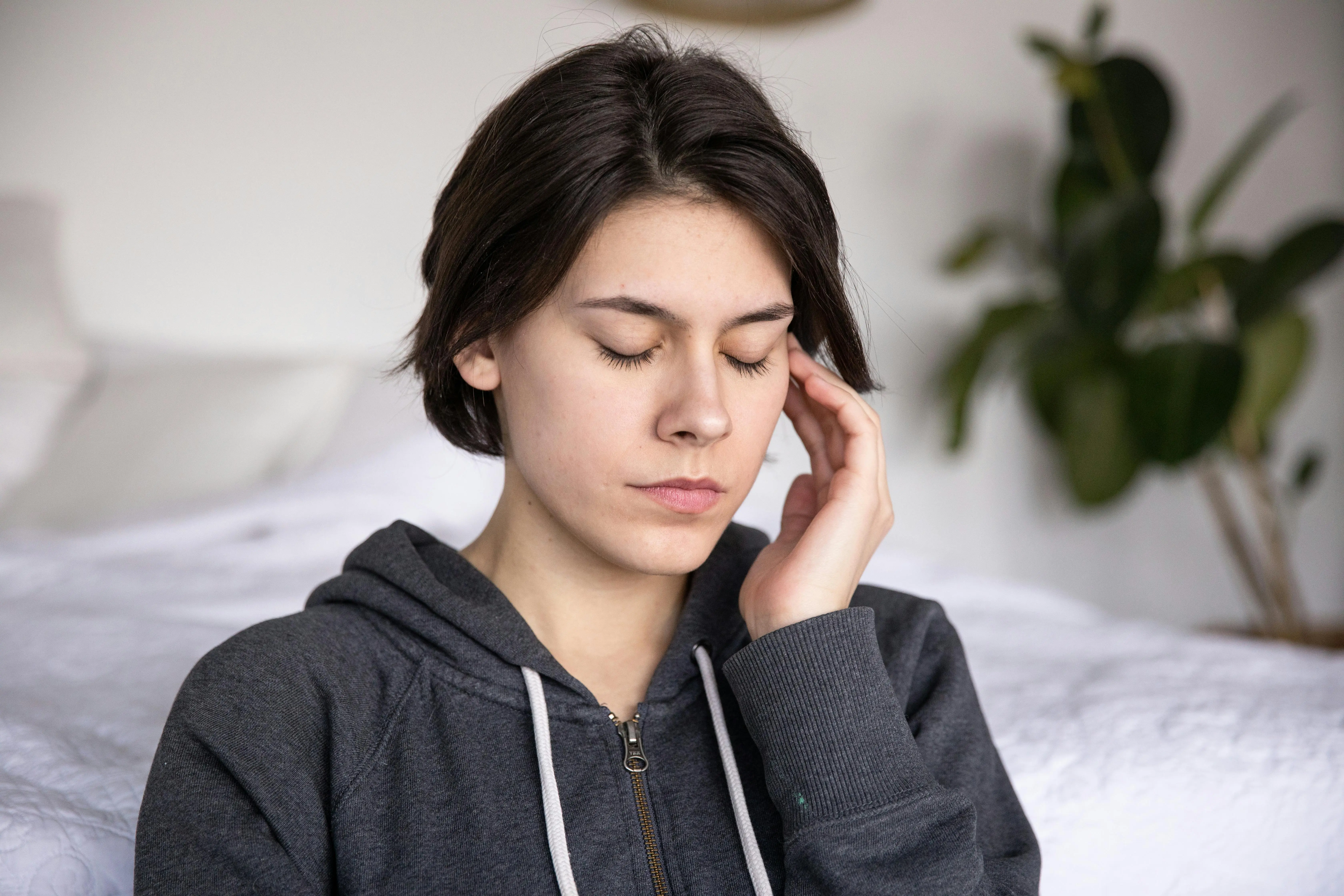Anxiety and Autism
July 16, 2025

The following information and resources have been provided courtesy of The Lurie Center for Autism, a program of Massachusetts General Hospital and Mass General for Children.
The Lurie Center for Autism is committed to advancing treatments for and knowledge about Autism Spectrum Disorder (ASD) and other developmental disorders, and translating these discoveries into exceptional clinical care. A program of Massachusetts General Hospital and Mass General for Children, The Lurie Center is a multidisciplinary treatment, research, training, and advocacy organization dedicated to supporting individuals and their families across the lifespan.
This resource is intended to provide information so that you can be better informed. It is not a substitute for medical advice and should not be used to treat any medical conditions.
Anxiety Frequently Asked Questions
What is anxiety?
Interfering feelings, worries, and/or fears.
Types of anxiety:
- Social anxiety disorder
- Generalized anxiety disorder
- Separation anxiety disorder
- Specific phobias
How common is anxiety in people with ASD?
According to the Anxiety and Depression Association of America, About 40% of people with ASD will also have clinically high levels of anxiety, or an anxiety disorder. In some cases, anxiety may also overlap with other health concerns, such as conditions linked to POTS and autism, which can make diagnosis and treatment more complex.
What can anxiety look like in a person with ASD?
It can, at times, look different from people without ASD.
Examples:
- A stronger insistence on following a routine or having everything be the same
- Increasing stereotypical behaviors (stimming)
- Excessively seeking reassurance
- Meltdowns, tantrums, and outbursts
- Increased cognitive inflexibility, "getting stuck"
What treatments are available for anxiety?
Non-medication treatments
CBT (cognitive behavioral therapy) is a highly effective non-medicinal treatment for anxiety. CBT tends to work better in individuals that have more language.
Medications
Selective serotonin reuptake inhibitors (SSRIs) are considered first-line treatments for anxiety. People with ASD, more so children with ASD, can be more sensitive to side effects of medications and may do better with other anti-anxiety medications, i.e., buspirone.
I think my loved one or I have anxiety. What should I do?
If you are already connected with a developmental specialist or psychiatrist, speak with them. You can also reach out to you or your loved one's primary care physician.
To help you notice patterns and better understand how anxiety shows up day to day, you can use our Behavior Tracker. It allows you to log changes in routines, reassurance-seeking, meltdowns, or other behaviors, so you can share a clearer picture with your healthcare team and track progress over time.
Revised 10/2022.
This is a div block with a Webflow interaction that will be triggered when the heading is in the view.
















.png)

